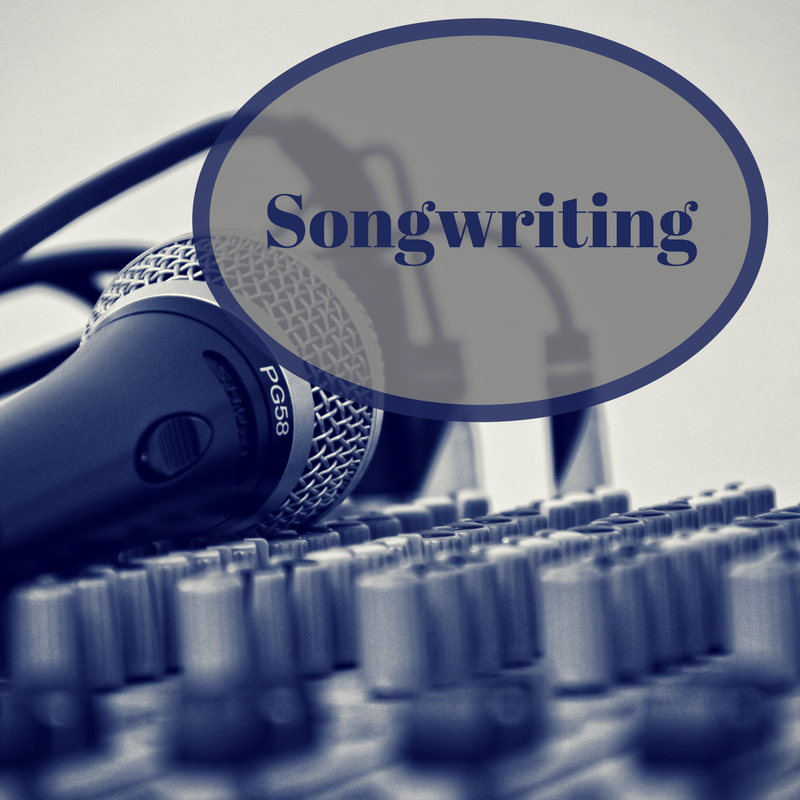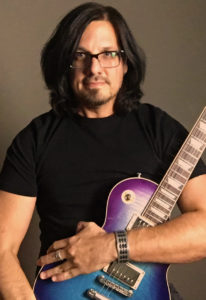When we think of songwriting, we often think of the lyrics—that is, the actual words spewing from our lips. Or, we may be thinking about the musical portion, if we’re a musician. But what makes a powerful song is not only the lyrics and the music, but the actual prosody of the song or even of the delivery.
Let us start by answering the question: “What is prosody?”
In music, prosody can be seen as the culmination of tone, pitch, meter, rhythm, tempo, loudness, softness, etc. in the delivery of the lyrics and music as a whole. How a person delivers the line of a song is just as important as the line itself. The delivery of a word is just as important as the word itself. There is power in how a word is spoken. There is more power in how a phrase is sung. Whether we whisper something vengeful like, “I hate you.” Or shout the words, “I love you!” The very tone, pitch, and loudness tell us something. It is through tone that gives our words believability. How a word or group of words is delivered is equally a part of songwriting as the actual written words or musical portion itself.
If someone is speaking to you sarcastically, you can usually tell by how they are saying their words, not by what they are saying. How you deliver words in a song is important. Imagine if you sang something with the same tone and pitch throughout the entire song (and sadly, I have seen this happen!) Imagine if you sang without emotion. It wouldn’t be a very interesting song, would it? If you are singing a sad ballad about someone dying, and yet, you have no emotion in your voice, the song wouldn’t be considered believable. But if the singer’s voice cracks and is close to tears, you may find yourself drying your eyes, overwhelmed with empathy.
But song prosody is more than that. It is also about how the lyrics marry the music. The way the lines are delivered and the tone of the content of the song must match the musical portion of the song, whether it’s in the key that is used, the tempo, the volume, or even the instrumentation. If you have a song about being happy, you want your musical instrumentation to support that. What instruments make you think of happy? What would your tempo be for happy? It would be… happy, right? Probably fast-paced and upbeat. And you wouldn’t want your happy song to be sung in a minor key. The music would say sad and dark but the lyrics happy. It would be Frankenstein, and nobody would understand it because the lyrics oppose the emotional feel of the music. That’s bad prosody.
For happy, I would choose an upbeat tempo with drums, some brass instruments, perhaps even a trumpet to lead, and it would have to be written in a major key, like the song, “Happy”, by Pharrell Williams.
But if I want to write a song about emotional pain, I would probably choose a piano dripping in reverb with a slow tempo, written in a minor key, like the song “Angel”, by Sarah McLachlin. Or If I wanted the music to be harder, I could go grunge with heavy electric guitars chunking out chords.
Sometimes, we don’t hear lyrics at all. What we hear is how words fit together, mingled with how they are sung, reaching a certain pitch or note—mainly in the chorus. And if it’s done well, the song will stick with us for years and years to come. Think of the most memorable songs from your childhood. Now think about what lines stick out to you the most. It is usually because that particular line has a harmonious marriage to the music and reaches some sort of climatic peak that gives pleasure to the ears.
More than just the volume, meter, tone, or pitch of your voice, sometimes breaks without singing can speak volumes in the song. It’s not always what we say—sometimes it’s what we don’t say and taking a breath for a quarter or half note can tell part of the story. When The Supremes sang, “Stop in the Name of Love,” the producer had Diana Ross pause after saying the word, “stop.” That little break changed the song and made it memorable for decades. Another example of prosody is when Garth Brooks sang “Friends in Low Paces,” every time he said the word “low,” he sang it with a much lower note than the rest of the song.
By understanding prosody, you can enhance your songwriting from amateur to professional level. Just like writing a short story, the important key is to go ahead and write out what you want to say. Write your song’s first draft. Then, go back and take out words, replace words, and edit, edit, edit. Then, fine-tune your work with prosody in mind. What instrumentation and lyrics really sell what you are trying to say, and how can you marry the two? Can it be done by matching a word to a note, changing a rhythm pattern, or changing tempo? What else within the song reflects your theme?
Is there a future songwriting topic you would like to discuss? Would you like me to evaluate your songs? Please write me and let me know!
Matthew Hawk Eldridge is a sleepless, coffee addicted, calico-cat hugging, Renaissance man. When he’s not passionately penning screenplays or stories rich in musical history, he’s writing songs on his guitar or working on a film as an actor, double, or musician. He is a Creative Writing graduate student at Full Sail University.



 We love helping your growing in your writing career.
We love helping your growing in your writing career.
